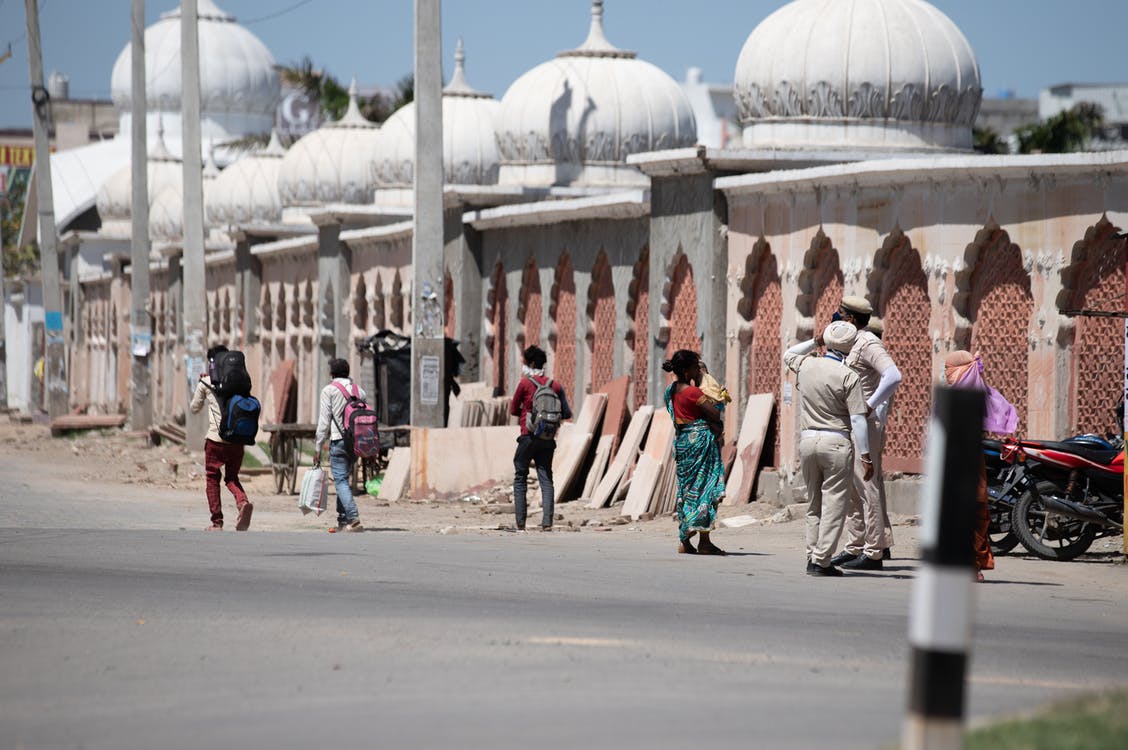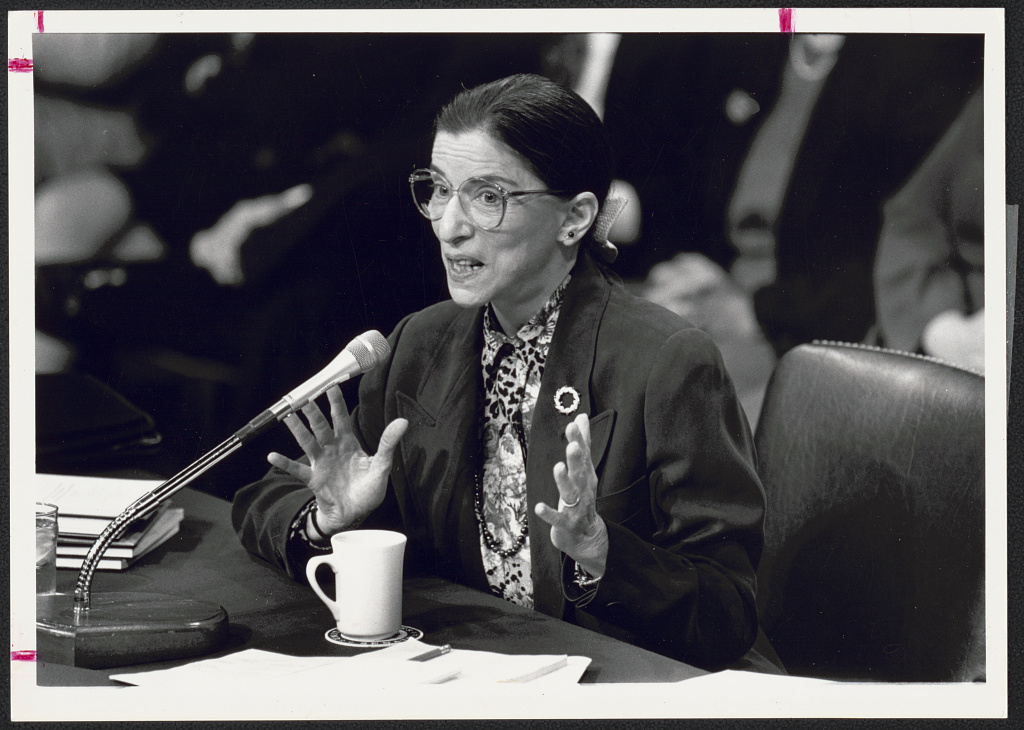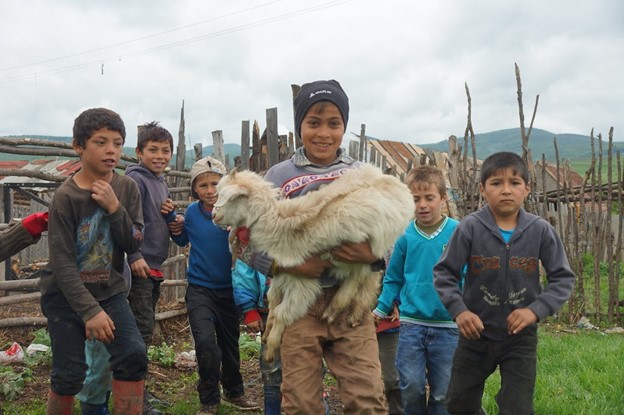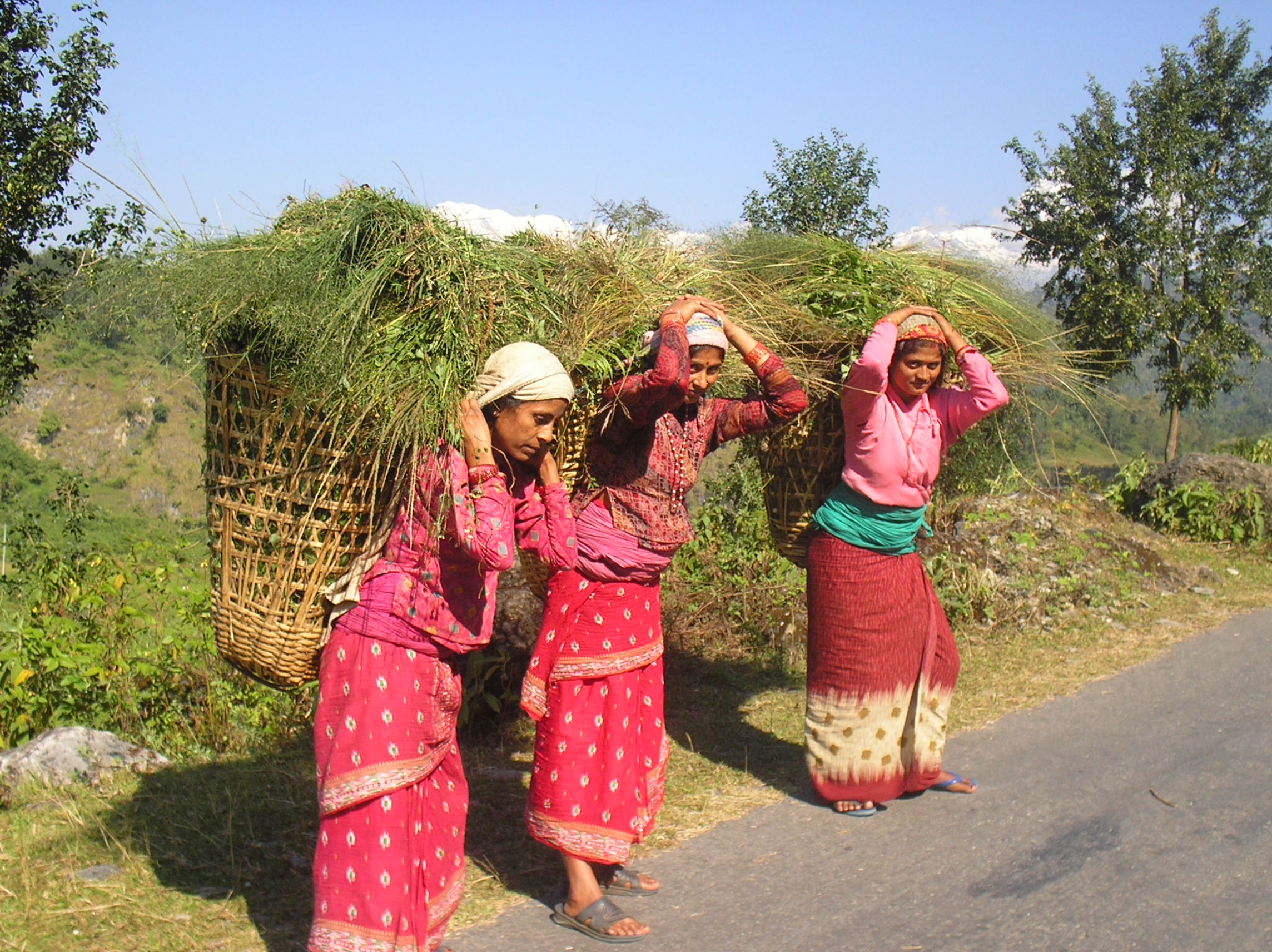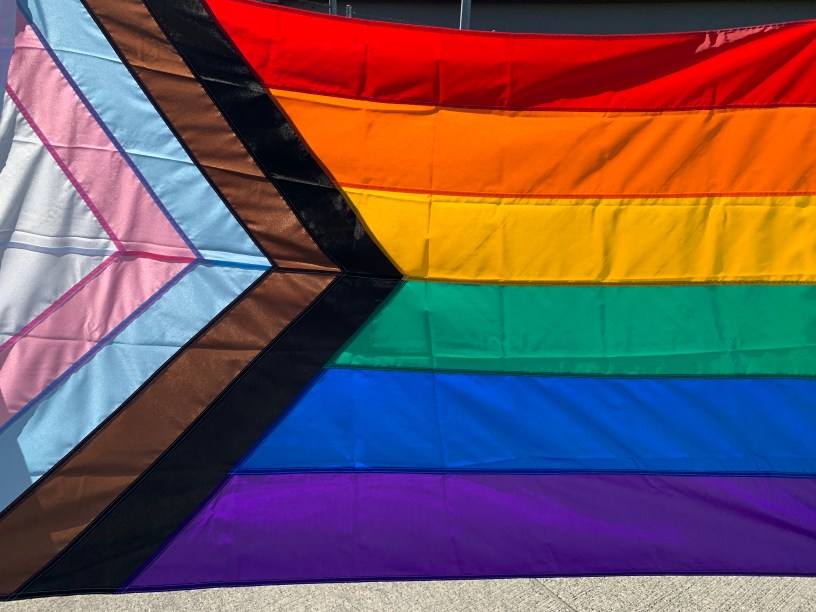
Human Rights Work in the Public Sector: a Discussion with Alumna Barbara Matias
By Lindsey Alpaugh, staff writer for RightsViews and graduate student in the Human Rights MA Program
On October 13th, the Institute for the Study of Human Rights hosted its first Alumni Speaker Series event with Barbara Matias. A graduate of the Institute’s MA in Human Rights Studies, Matias has had a diverse career that spanned over many countries, as well as different missions. Some of her most recent work has included her new position working for the European Union on Belarus, as well as a Programme Officer to the training mission in Iraq and the Euro-Atlantic Disaster Relief Crisis Center’s Team Lead on NATO-EU coordination.
Speaking from experience, Matias advised job seekers that “stability comes later” in the field of human rights, and that they should not be discouraged by the frequency with which they may switch jobs. She also admitted that there were moments where she doubted her choice of working in the public sector, but ultimately realized that she was...


